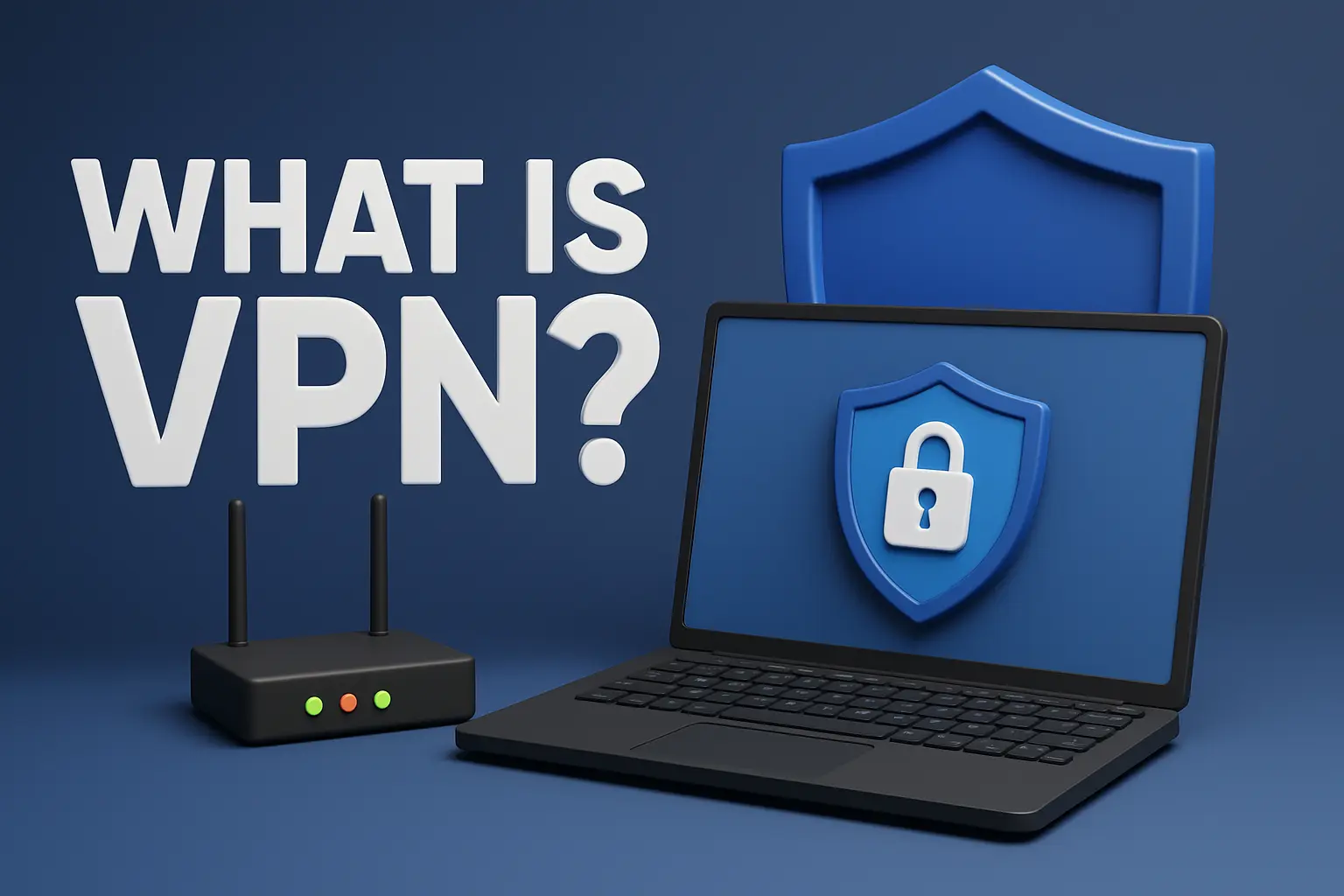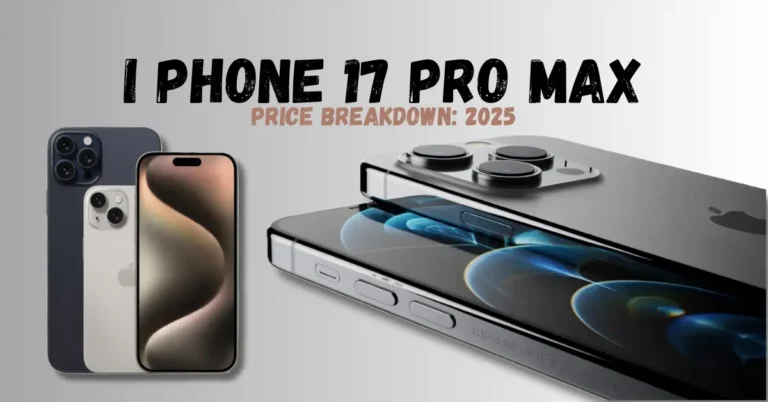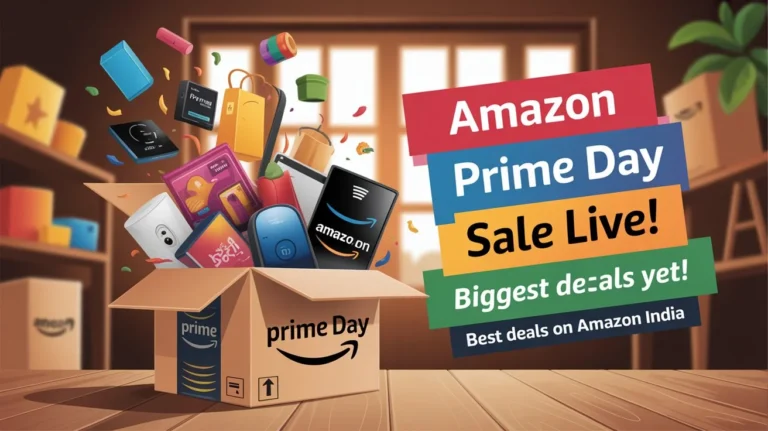Introduction
Imagine browsing your favourite news site on public Wi‑Fi without a care in the world—no hackers sniffing your passwords, no geo‑blocks stopping you, and no ISP throttling your video calls. What is VPN? A Virtual Private Network (VPN) makes this possible by encrypting your internet traffic and masking your IP address. In 2025, when online privacy threats have grown more sophisticated, understanding VPN benefits 2025 isn’t just tech jargon—it’s your digital lifeline.
Table of Contents
VPN 101: What Is a VPN?
A VPN is a service that creates a secure “tunnel” between your device and the internet. When you connect:
- Encryption: All data leaving your device is scrambled (AES‑256 is the gold standard).
- IP Masking: Your real IP (and thus location) is hidden; you appear to surf from the VPN server’s location.
- Secure Server Network: Traffic is routed through servers in multiple countries, bypassing geo‑restrictions.
Think of it as sending a locked, untraceable courier to deliver your online requests—nobody can peek inside or track where it came from.
VPN vs. Proxy vs. Tor: A Quick Comparison
| Feature | VPN | Proxy | Tor |
|---|---|---|---|
| Encryption | Full‑tunnel AES‑256 | None or weak | Multi‑layer encryption |
| IP Masking | Yes | Yes (app‑specific) | Yes (via volunteer relays) |
| Speed Impact | Minimal (WireGuard, 10 Gbps+) | Negligible | Significant |
| Geo‑unblocking | Excellent | Limited | Sometimes unreliable |
| Use Case | Privacy, streaming, torrenting | Bypassing simple filters | Maximum anonymity, slow browsing |
How a VPN Works Behind the Scenes
- Client Initiation: You launch the VPN app and choose a server (e.g., Singapore).
- Authentication & Handshake: Your device and server exchange keys via TLS to establish trust.
- Tunnel Creation: A secure tunnel (often WireGuard or OpenVPN) is formed.
- Data Transmission: All requests (DNS lookups, HTTP/HTTPS packets) travel encrypted through this tunnel.
- Exit Node Processing: The VPN server forwards your decrypted request to the internet, then re‑encrypts the response back to you.
This seamless process happens in milliseconds, ensuring your browsing stays smooth.
Why You Need a VPN in 2025
1. Robust Online Privacy
With data brokers and ISPs harvesting browsing habits, a VPN ensures that even if someone intercepts your traffic, they see only gibberish. In fact, 1.75 billion people now trust VPNs to protect their data—a full one‑third of internet users worldwide surfshark.com.
2. Public Wi‑Fi Protection
Whether at a café, airport, or mall, those “free” hotspots can be honeypots. In 2023, 51% of users used VPNs specifically to secure public Wi‑Fi sessions nordvpn.com.
3. Bypass Geo‑Restrictions & Censorship
Access streaming libraries, news outlets, or social platforms that might be blocked in your region. VPNs excel at unblocking content thanks to vast server networks.
4. Prevent ISP Throttling
Video conferencing, gaming, and streaming often get throttled by ISPs trying to manage bandwidth. VPNs disguise your traffic type, helping you enjoy consistent speeds.
5. Secure Remote Work
As hybrid work models dominate 2025, enterprises demand secure connections for remote employees. 93% of organizations have adopted VPNs for this purpose explodingtopics.com.
VPN Benefits 2025: Paid vs. Free
| Benefit | Free VPN | Paid VPN |
|---|---|---|
| Privacy Guarantee | Often logs & sells data | Strict no‑logs policies |
| Server Locations | Limited (< 10 countries) | Hundreds of servers, 50+ countries |
| Speed & Bandwidth | Capped data, slower speeds | Unlimited data, multi‑Gbps protocols |
| Advanced Features | Basic tunneling | Kill switch, split‑tunneling, Multi‑Hop |
| Customer Support | Community forums | 24/7 live chat & email |
| Price | $0 but costly in privacy | $2–$15/month (value for privacy) |
🔒 Pro tip: Avoid free VPNs (25% of users still use them despite risks techradar.com). Choose reputable providers like NordVPN, Surfshark, or ExpressVPN for true data protection.
VPN in India: The 2025 Landscape
India leads Asia’s VPN market, with 42% of online users leveraging VPNs for privacy and unlocking content coolest-gadgets.com. While VPNs remain legal, upcoming regulations may require services to log user data—making it crucial to pick providers based outside India’s jurisdiction and with strong no‑logs guarantees (read more).
Key Insights & Expert Opinions
“A VPN is the first line of defense in today’s threat landscape,” says Dr. Priya Menon, cybersecurity analyst at CyberSafe Labs. “With state‑level surveillance and rampant data breaches, encryption has never been more essential.”
A recent IDC report forecasts the global VPN market to surpass $76 billion by 2027, growing at a 12% CAGR forbes.com. As threats evolve—from AI‑driven phishing to IoT vulnerabilities—the role of VPNs will expand beyond simple browsing tools to integral components of zero‑trust architectures.
Table: Top 5 VPN Features in 2025
| Feature | Why It Matters |
|---|---|
| WireGuard Protocol | Ultra‑fast, modern cryptography |
| Multi‑Hop Connections | Double VPN servers for added anonymity |
| DNS Leak Protection | Prevents DNS queries from leaking outside VPN |
| Kill Switch | Blocks traffic if VPN drops |
| Native Ad & Malware Blockers | Shields against intrusive trackers |
Final Thoughts
By now, you’ve probably got a solid idea of what is VPN and how it plays a vital role in protecting your online privacy. In simple terms, if you’ve ever wondered what is VPN means, it’s a secure tunnel that keeps your data safe from hackers, snoopers, and even your internet provider. Knowing what is VPN can help you access blocked websites, use public Wi-Fi safely, and even unlock better streaming content.
Still unsure what is VPN means in everyday use? Think of it as a digital shield—one that gives you more freedom and control online. Whether you’re a student, gamer, or someone working remotely, understanding what is VPN is a must. Many internet users today are curious to learn what is VPN and why it’s gaining so much popularity.
So next time someone asks, “what is VPN?”—you can explain it with confidence. Now that you know what is VPN means, it’s time to use this powerful tool to your advantage.
FAQs
Q1: What is the best VPN protocol?
WireGuard is preferred in 2025 due to minimal codebase, lightning speeds, and strong security.
Q2: Can a VPN make me completely anonymous?
No single tool guarantees full anonymity. For max privacy, combine a VPN with Tor and privacy‑focused browsers.
Q3: Will a VPN slow my internet?
Modern VPNs using WireGuard or proprietary solutions can have negligible speed impact (< 5%).
Q4: Are VPNs legal in India?
Yes, but upcoming local data‑logging requirements may change this. Choose offshore providers with strict no‑logs policies.
Conclusion & Call‑to‑Action
In 2025, a VPN isn’t a luxury—it’s a necessity for anyone valuing security, privacy, and unrestricted internet access. Whether you’re on public Wi‑Fi, launching a remote work session, or unlocking global content, a VPN stands guard.
👉 Ready to safeguard your online life? Share your experiences with VPNs in the comments, explore our in‑depth guide,
or subscribe for more tips on digital privacy.





[…] first cloud project (successes and lessons learned!). Want to dive deeper? Explore our guide to What Is VPN? How It Works and Why You Should Use One in 2025 or 5G Technology in 2025: How It Works & Why It Matters | Your Ultimate […]